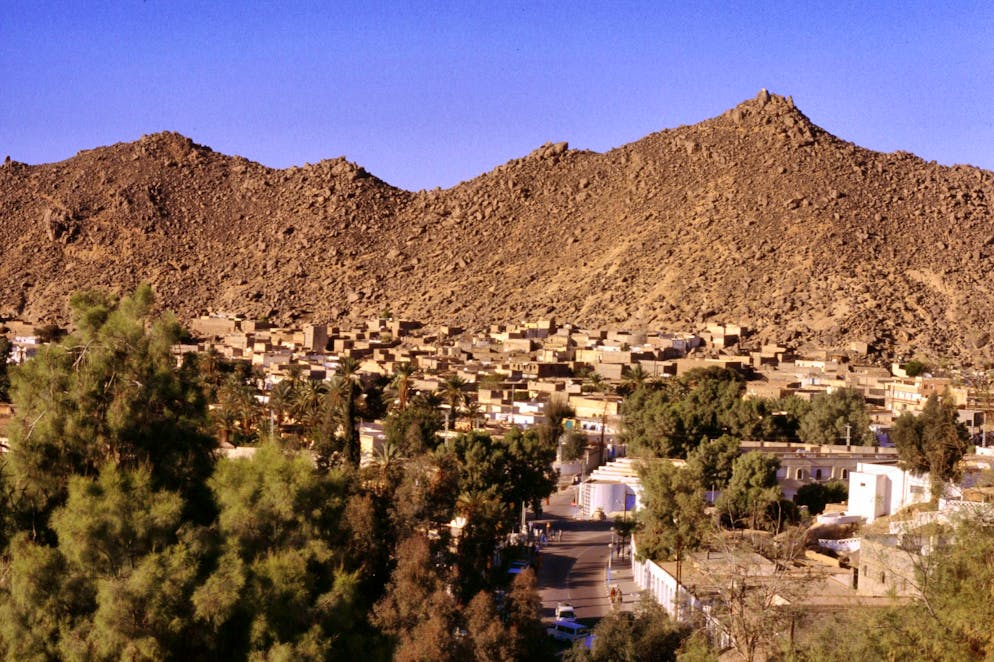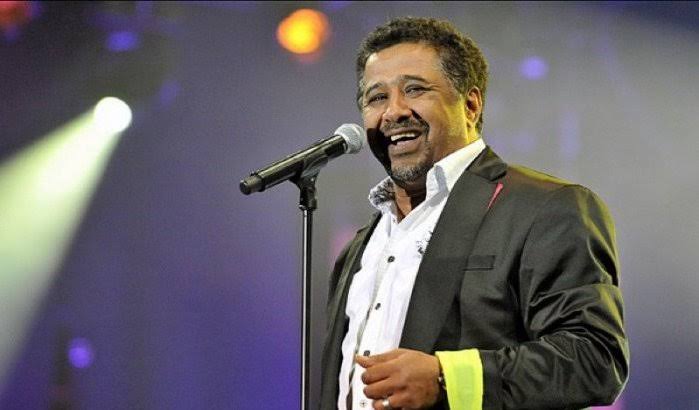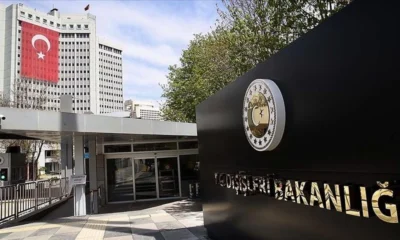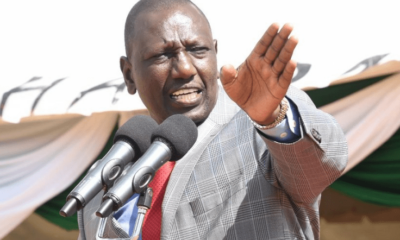The institution of slavery, though abolished some 37 years ago in Mauritania, still has significant scars on the country’s landscape.
The effect of the discredited practice came to the fore recently as two anti-slavery activists freed from prison in Mauritania vowed an all-out fight to rescue their nation from one of the world’s worst slavery rates, saying jail and torture were no deterrent.
Mauritania was the last nation to abolish slavery, outlawing it in 1981, and more than two in every 100 of its people still live as slaves, according to the 2018 Global Slavery Index.
Human rights groups say government made no effort to stamp it out and arrests people who speak out against it.
Abdallahi Matallah Saleck and Moussa Biram were jailed for their alleged role in a protest and charged with inciting riots and rebellion. They spent two years in a remote desert prison where they say they suffered horrible abuse.
“They tortured us, they did everything they could so we would back down. But we will never, ever back down,” Biram told the Thomson Reuters Foundation.
Less than a week after being released, both were back on the streets of Nouakchott, encouraging fellow members of the Initiative for the Resurgence of the Abolitionist Movement (IRA) to stay strong.
“The fight has just begun,” Biram said adding he is not in good health and has injuries from torture and beatings. “I can’t even stand up because of my legs which people hit with batons.”
A government spokesman said allegations of torture were false and an independent body called the National Mechanism for the Prevention of Torture had visited the detention site in 2017 and found no human rights violations.
Read Also: 71-year-old Swede takes 19-year-old Ugandan for husband
Government previously denied making arbitrary arrests and said that it prosecutes “unlawful and unregistered organisations that provoke riots, chaos and insecurity.”
Because government refused to register the IRA as an organisation, the men could be jailed at any time, said Francois Patuel of Amnesty International.
“We know we’re not safe, but we are not afraid,” Saleck told the Thomson Reuters Foundation.
“This is our country no matter what and we have to fight against discrimination and slavery,” he said.
Slavery in Mauritania follows racial lines, with black descendants of ethnic groups from the country’s south typically enslaved by lighter-skinned Mauritanians.
Some Mauritanians are born into slavery and spend their lives as domestic or farm workers.

 Politics2 days ago
Politics2 days ago
 VenturesNow2 days ago
VenturesNow2 days ago
 Uncategorized2 days ago
Uncategorized2 days ago
 VenturesNow23 hours ago
VenturesNow23 hours ago






























